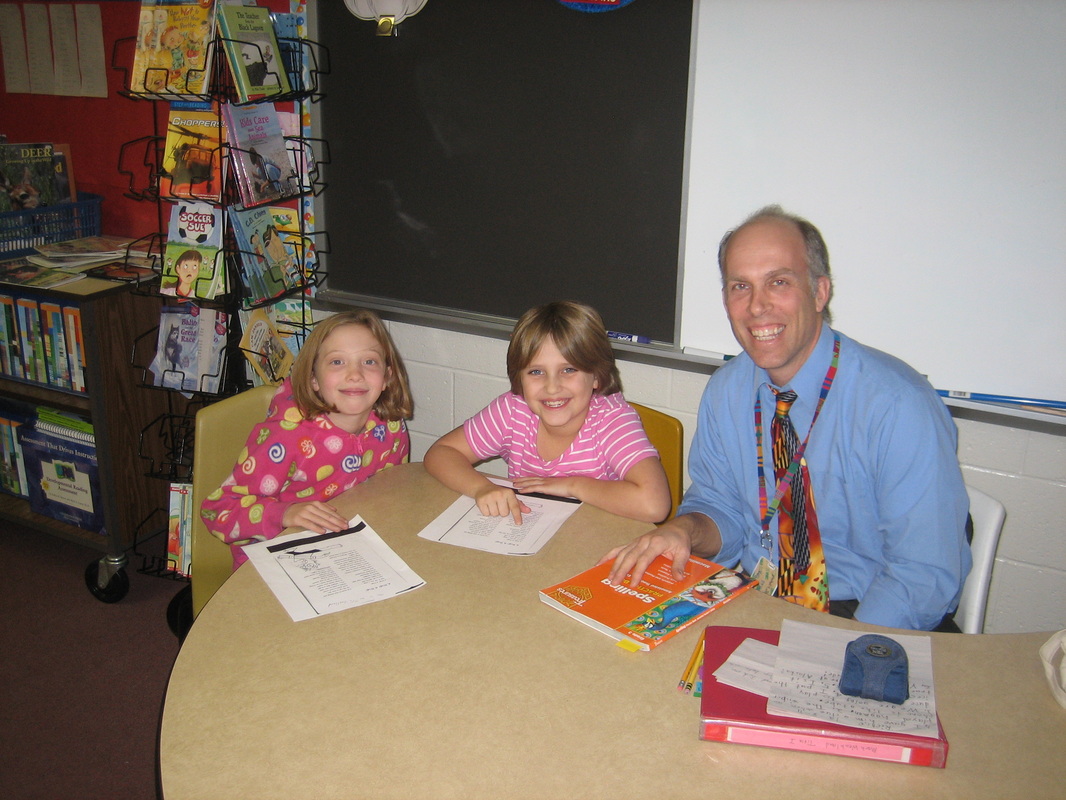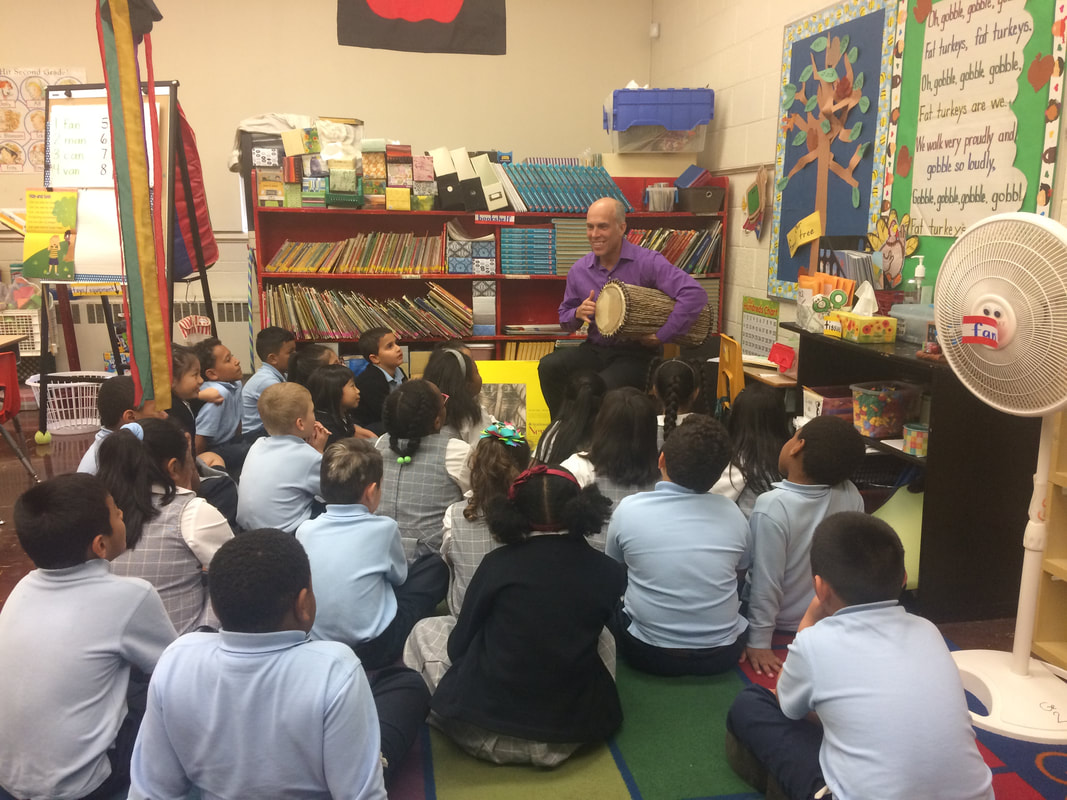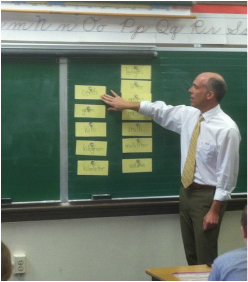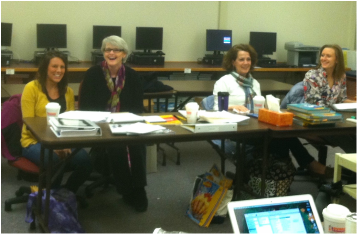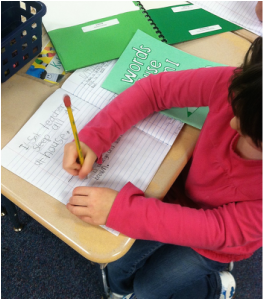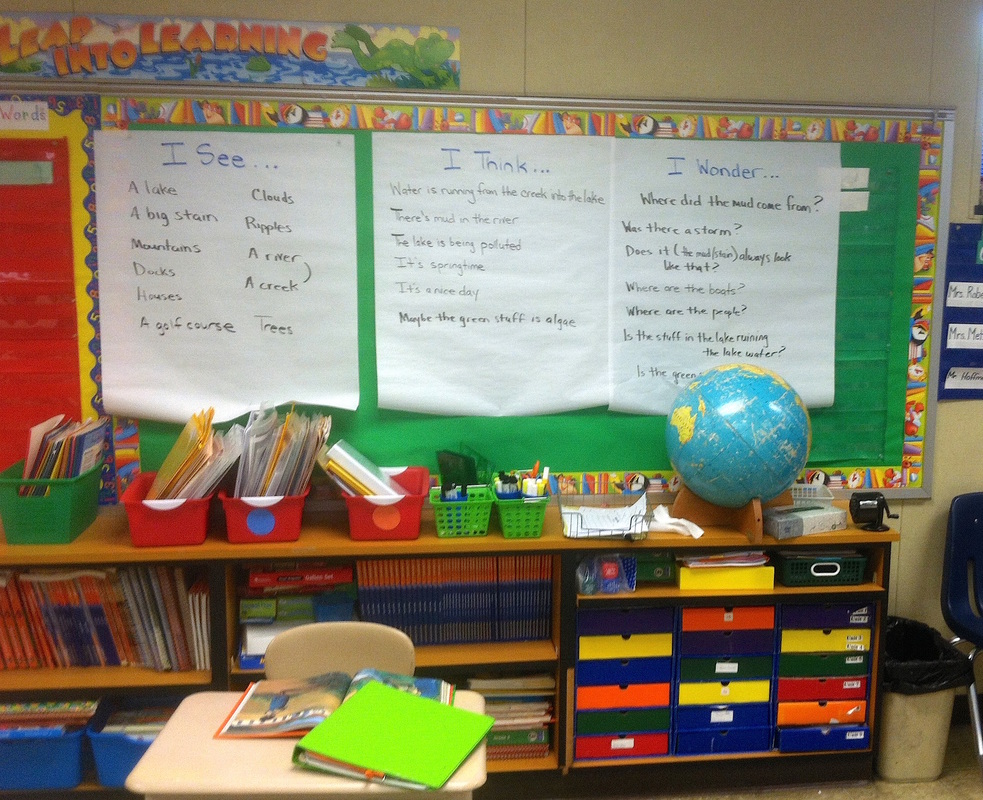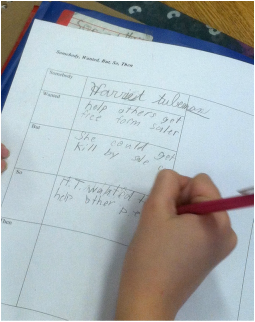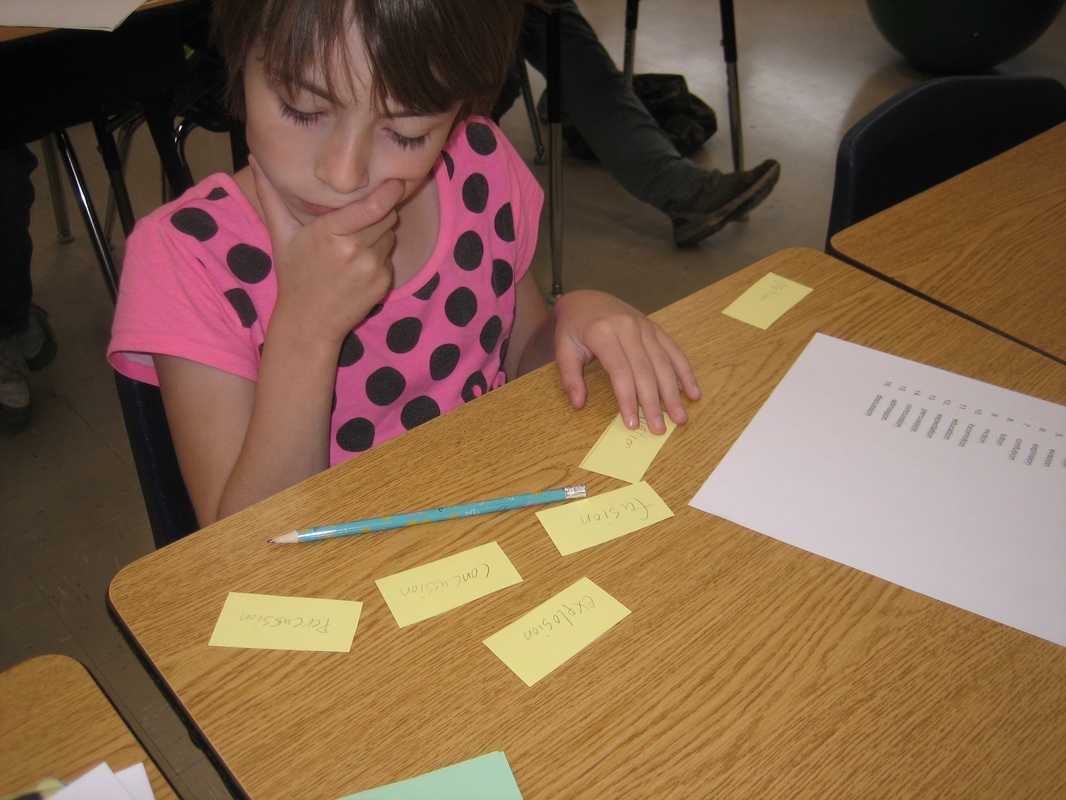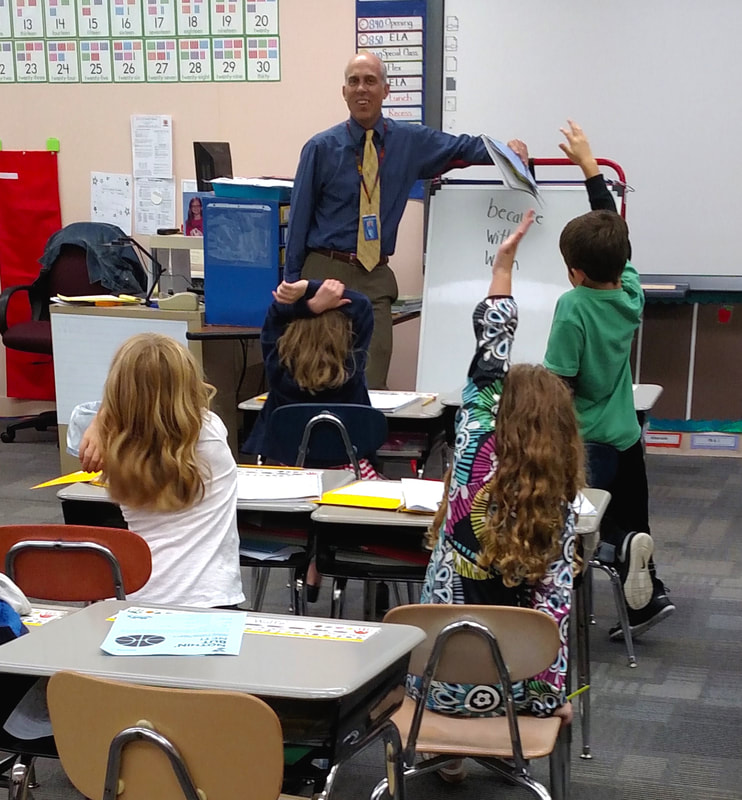Multi-day Literacy Coaching
|
Overview
For elementary school administrators and teachers, I deliver practical and customizable solutions to literacy problems through iterative, multi-day, job-embedded professional development. This professional development ...
The process begins when I meet with administrators to identify specific areas of need. Next, a workshop or presentation to the staff provides an overview of the literacy practices that can address those needs. Then comes a series of model lessons within select classrooms. These lessons demonstrate specific strategies, routines, and/or activities. Each lesson is followed by discussion and reflection, typically with one or two teachers, but sometimes with a group. My lessons allow teachers to watch and reflect, which many find to be refreshing. And they always include instructional techniques common to all good teaching, including positive reinforcement, direct and explicit instruction, and engagement techniques. This professional development process is a collaborative one and allows for problem solving in a supportive, non-competitive environment, as well as for the sharing of ideas between teachers in other classrooms and grade levels. And because multi-day, classroom-based coaching emphasizes trust, a focus on individual needs, and regular follow-up, this professional development model is much more effective than typical in-service trainings. Just ask some of the very satisfied teachers and administrators whom I have worked with over the years! Specific areas of focus Writers' Workshop 101 This coaching series helps districts develop a process-based writing program across grade levels. A Writers' Workshop program involves choice for students, conferencing, sharing, differentiation, and teaching grammar and "craft" through the act of writing. A Writers' Workshop model also teaches students the three types of CCSS writing: opinion/argumentative, informative, and narrative. Comprehension Strategies Across Space and Time I model for teachers, as I teach their students, comprehension strategies and activities that lead to deeper understanding. Every strategy and activity relates to the most powerful and necessary areas of metacognition, namely activating prior knowledge, summarizing, asking and answering questions, making connections, and visualizing. The following strategies and activities, which work across grade levels and content areas such as science and social studies, are the focus of my lessons:
RACE and Grist: Text-Dependent Analysis Writers' Workshop provides a way to hook kids on writing. But to address the demands of writing to prompts, as well as writing to communicate text-dependent analysis, additional writing routines are needed. In this series of lessons, I introduce the analytical writing strategy RACE (restate, answer, cite, explain), a strategy that students in grades 1-8 can use to effectively and efficiently answer text-dependent questions in reading, social studies, science, and beyond. I model the basic strategy and then shows how it can be adapted for different grade levels and different learners. And I introduce teachers to the idea of "grist" in writing and reading, which provides support for writers who are specifically writing opinion, persuasive, and argumentative essays. Super Spellers: Seven Steps to Transforming Spelling Instruction Spelling is for reading and writing, especially for younger students, ESL students, and students who find reading and writing more difficult. In this coaching series, based upon my 2017 book Super Spellers, I help teachers understand that a spelling program should be based on instruction (not assignment), differentiation (not one-size-fits-all), and strategies (not the memorization of lists). I repeatedly demonstrate quick, simple, and powerful activities that promote strategy use, teach children how to spell (not what to spell), and transform a less-than-effective spelling program into a program that builds reading and writing fluency. Independent Reading Routines: Ready, Set, Go Independent reading is critical for reading growth and enjoyment. During these classroom visits, I provide information, model lessons, coaching, and consulting to help teachers initiate independent reading routines first with the whole group and then with small groups. The residency starts with one day of training (K-2 and/or 3-5) that covers the topics below. This is followed by targeted model lessons based on the needs of the teachers and students.
Small Group Reading Instruction: From Foundations to Next Steps In this coaching series, I provide information, model lessons, and consulting to help teachers differentiate their instruction via small group reading instruction. Like the independent reading residency, this residency starts with one day of training (K-2 and/or 3-5) that covers the topics below. This is followed by targeted model lessons based on the needs of the teachers and students.
Text Annotations / Talking to the Text During these classrooms visits, I help teachers develop a series of lessons that lead their students to closer reading, critical thinking, and deeper understanding of any text, from traditional stories to informational text in science and social studies classrooms. My take on close reading is to engage children in metacognitive thinking via "talking to the text." Options for doing the talking including writing annotations on photocopies of text, writing annotations on iPads and tablets (via apps like SeeSaw), thinking out loud and capturing thinking on recording devices, and talking text over with peers. Strategies embedded in the lessons include:
|
|
